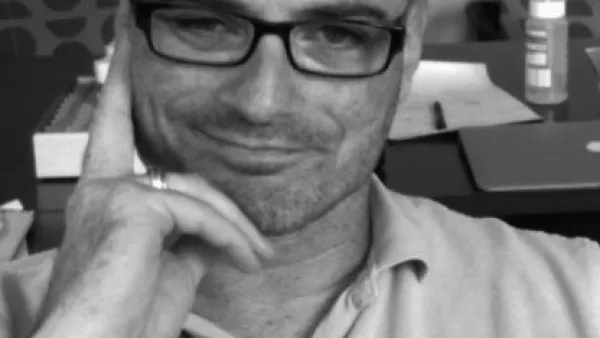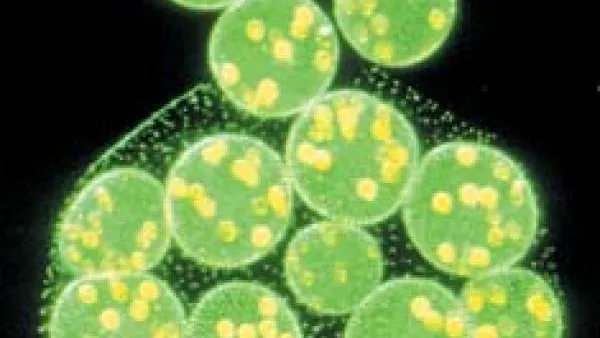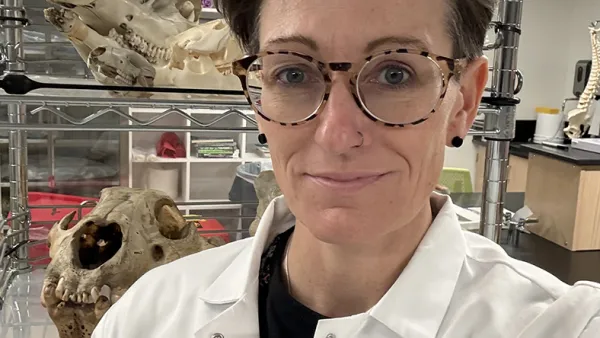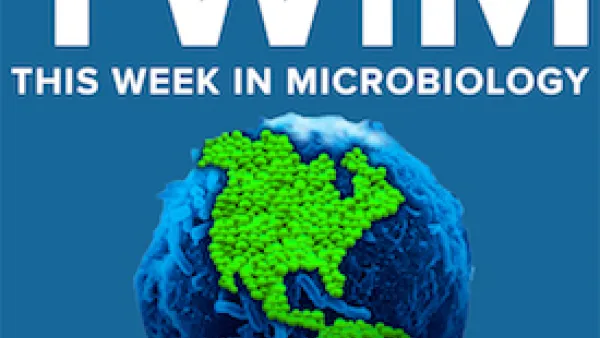The WUSTL Neuroscience Pipeline program prepares undergraduates from diverse backgrounds for neuroscience PhD programs. With support from the NIH Blueprint ENDURE Program and WUSTL, accepted students are funded for up to two 10-week summers. The program combines independent research and a rigorous summer curriculum of courses and workshops that focus on building a foundation in neuroscience, scientific communication and admission to graduate school. During the academic year, trainees take a series of online workshops and attend and present at the Society for Neuroscience conference to sustain and strengthen skills after the summer. Benefits include a $6500 stipend per summer, travel to and from the program, university summer housing, and funds to attend up to two scientific conferences annually.
Most importantly, WUSTL ENDURE provides an empowering support system so participants thrive on their path to graduate school and beyond. As part of a cohort, WUSTL ENDURE scholars are surrounded and motivated by peers who share their interests and goals. Faculty and staff offer personalized advising to help students reach those goals and are committed to enhancing the success of trainees. “Science has its own culture, language and unspoken norms that are hard to understand and navigate. When you do not understand that culture, it makes the already difficult journey to becoming a scientist harder. I did not want other students to have that difficulty or to have it dissuade them from pursuing a scientific career. As the ENDURE program coordinator, my goal is to help students both understand scientific concepts and culture, while encouraging them to change it to reflect all scientists” (Diana José-Edwards, WUSTL ENDURE Program Coordinator).
The 2020 ENDURE program runs from May 26-August 7 during which students do full-time research in a WUSTL lab in addition to academic and professional development. Students attend about 50 hours of workshops, mostly based on building science communication skills and learning to write a research fellowship. This is a 2-year program, another unique feature, so students can return the following summer. Part of the reason to focus on science communication is it helps one synthesize and think through their research project effectively. Other practical classes focus on the process of applying to grad school. Students also do a mock interview, an experience that helps students gain confidence in preparation for the real thing. Applications are due February 3, 2020. To learn more and apply, visit: http://endure.wustl.edu/.



